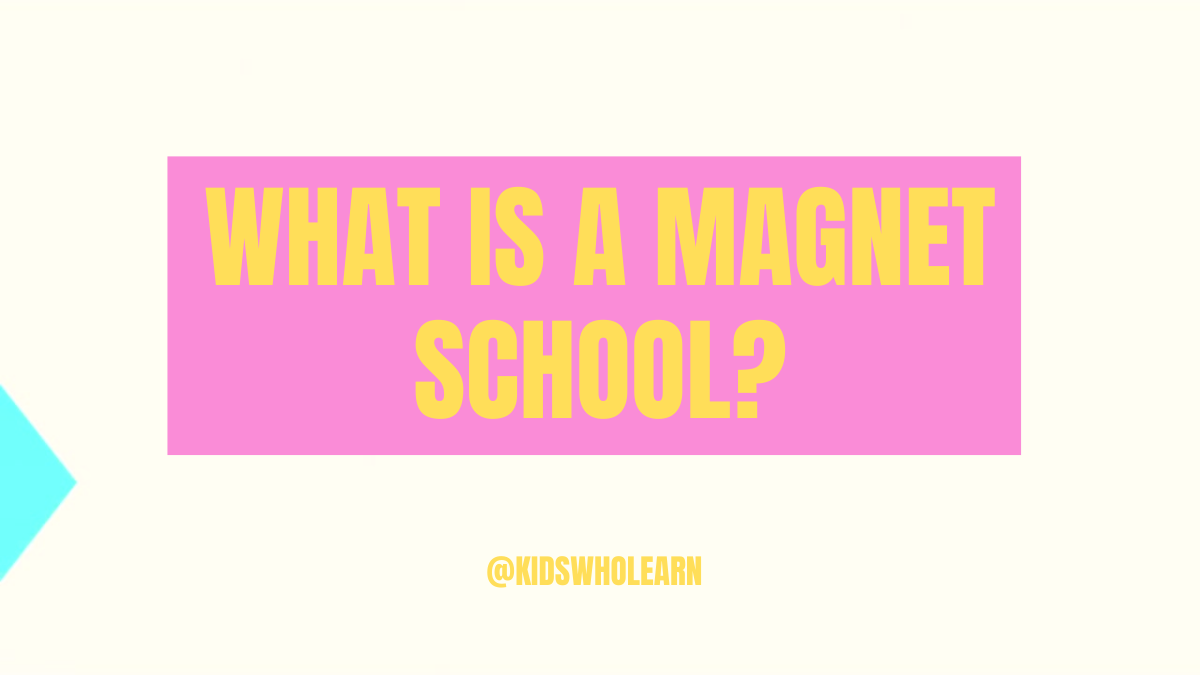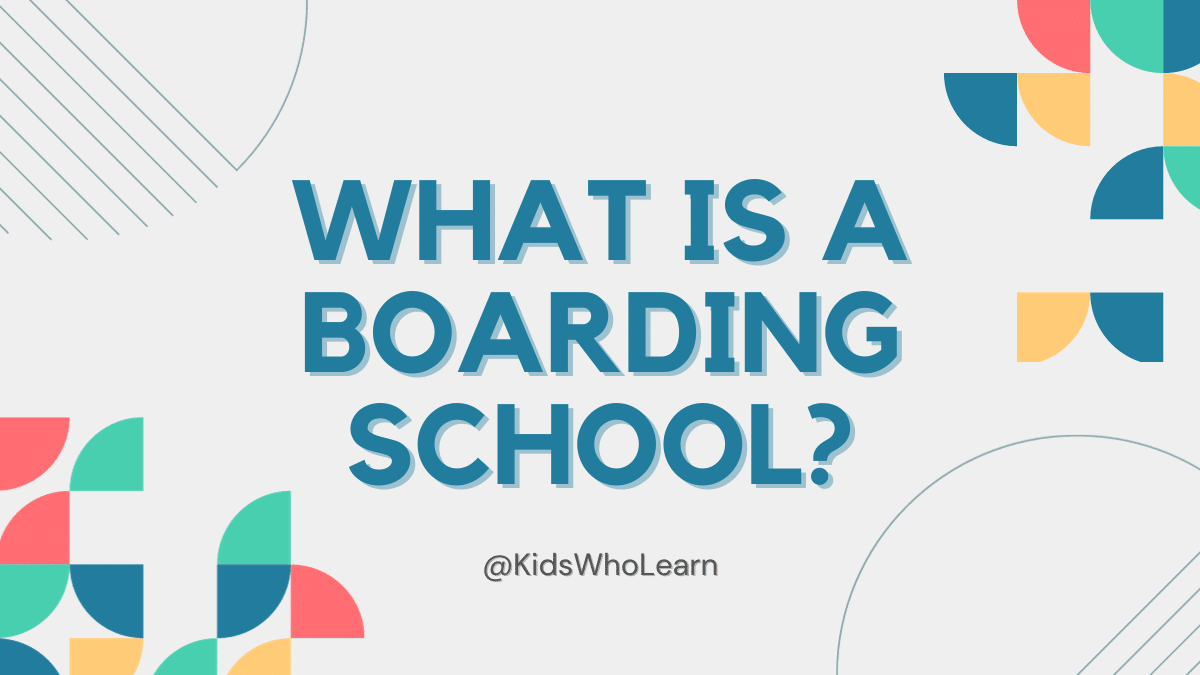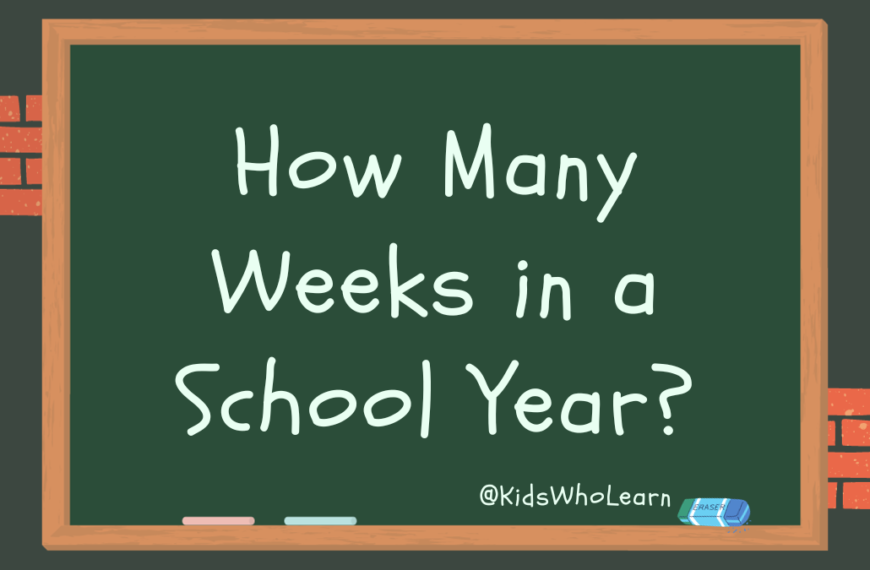If you’re a parent or student who’s heard the term “magnet school” but aren’t quite sure what it means, you’re not alone. Magnet schools are a unique type of public school that offer specialized programs in areas such as science, technology, engineering, and math (STEM), the arts, or language immersion. These schools are designed to attract students who have a particular interest or talent in these areas, and they often have a competitive admissions process.
Magnet schools have been around since the 1970s, and they were originally created as a way to promote integration in schools. By offering specialized programs that were not available in other schools, magnet schools could attract students from different neighborhoods and backgrounds. Today, magnet schools are still used as a way to promote diversity, but they also offer many other benefits to students and communities.
Key Takeaways
- Most magnet schools are public schools that offer specialized programs in areas such as STEM, the arts, or language immersion.
- Magnet schools were originally created as a way to promote integration in schools, but they now offer many other benefits to students and communities.
- Magnet schools often have a competitive admissions process and are designed to attract students who have a particular interest or talent in a specific area.
Definition of Magnet School
Magnet schools are a part of the public school system that offer specialized courses or curricula. They are designed to attract students with a particular interest or talent, such as science, technology, engineering, or math (STEM), the arts, or languages. Magnet schools are open to all students in a school district, but they often have a selective admissions process based on factors such as grades, test scores, or auditions.
Origin of the Term
The term “magnet school” was first used in the 1970s to describe schools that used special programs to attract students from different neighborhoods or racial and ethnic backgrounds. The idea was to create schools that would be so attractive to parents and students that they would voluntarily choose to attend, rather than being assigned to a school based on their address.
Basic Concept
The basic concept of a magnet school is to offer a unique educational experience that cannot be found in a traditional public school. Magnet schools often have smaller class sizes, more individualized instruction, and a focus on hands-on learning and real-world applications. They may also offer specialized programs such as internships, mentorships, or partnerships with local businesses or universities.
Magnet schools are funded by the same sources as traditional public schools, but they may receive additional funding from grants or private donations. They are accountable for student achievement and must meet the same academic standards as other public schools.
In summary, magnet schools are public schools that offer specialized courses or curricula designed to attract students with a particular interest or talent. They are open to all students in a school district, but they often have a selective admissions process based on factors such as grades, test scores, or auditions. The basic concept of a magnet school is to offer a unique educational experience that cannot be found in a traditional public school.
Benefits of Magnet Schools
Magnet schools offer a unique educational experience that can benefit students in many ways. Here are some of the top benefits of attending a magnet school.
Academic Excellence
Magnet schools often have a specific academic focus, such as science, technology, engineering, and math (STEM) or the arts. This specialized focus allows students to delve deeper into a subject and develop a strong foundation in that area. In addition, magnet schools often have highly qualified teachers who are experts in their field and can provide students with a challenging and engaging curriculum.
Many magnet schools also offer advanced coursework, such as honors and Advanced Placement (AP) classes. These classes can help students prepare for college and develop the skills they need to succeed in higher education. In fact, studies have shown that students who attend magnet schools are more likely to go to college and earn higher salaries than their peers.
Diverse Environment
One of the main benefits of attending a magnet school is the opportunity to learn in a diverse environment. Magnet schools often have a diverse student body, which can help students develop a greater understanding and appreciation of different cultures and perspectives.
In addition, magnet schools often have a diverse faculty and staff, which can provide students with role models and mentors from different backgrounds. This can be especially important for students who come from underrepresented groups or who may not have access to these types of resources in their home communities.
Overall, attending a magnet school can provide students with a unique and enriching educational experience that can help prepare them for success in college and beyond.
Drawbacks of Magnet Schools
Admission Process
One of the main drawbacks of magnet schools is the admission process. These schools often have a highly competitive application process, which can be stressful for both students and parents. The process usually involves submitting an application, providing test scores, and attending an interview.
Unfortunately, not all students who apply are accepted, which can be disappointing for those who put in a lot of effort. Additionally, some critics argue that the admission process can lead to a lack of diversity in magnet schools, as students from disadvantaged backgrounds may not have the same opportunities to apply and get accepted.
Transportation Issues
Another drawback of magnet schools is transportation. Since these schools are often located far from students’ homes, transportation can be a major issue. Some magnet schools provide transportation, but it may not be available to all students or may require a long commute.
For students who live in rural areas or areas without public transportation, getting to a magnet school can be particularly challenging. This can create a barrier to entry for students who would otherwise be interested in attending a magnet school.
Overall, while magnet schools offer many benefits, they also have some drawbacks that should be considered. The admission process can be competitive and may limit diversity, while transportation issues can create challenges for students who live far away.
Types of Magnet Schools
There are different types of magnet schools, each with its own focus and goals. In this section, we will discuss two common types of magnet schools: Theme-Based and Career and Technical.
Theme-Based
Theme-based magnet schools are schools that have a specific theme or focus. These schools use that theme to guide their curriculum and teaching methods. Some examples of theme-based magnet schools include:
- Science, Technology, Engineering, and Mathematics (STEM) schools
- Arts-focused schools
- International Baccalaureate (IB) schools
- Language immersion schools
In a STEM magnet school, for example, students might take classes in robotics, computer programming, and physics. In an arts-focused magnet school, students might take classes in music, dance, and theater. In an IB magnet school, students might take classes that emphasize critical thinking and global perspectives. In a language immersion magnet school, students might take classes in a language other than English.
Career and Technical
Career and technical magnet schools are schools that focus on preparing students for specific careers or industries. These schools offer courses and training in areas such as healthcare, engineering, and business. Some examples of career and technical magnet schools include:
- Health sciences schools
- Engineering schools
- Business and finance schools
In a health sciences magnet school, for example, students might take classes in anatomy, physiology, and medical terminology. In an engineering magnet school, students might take classes in robotics, computer-aided design (CAD), and electronics. In a business and finance magnet school, students might take classes in accounting, marketing, and entrepreneurship.
Overall, magnet schools offer students a unique and specialized learning experience that can help them explore their interests and prepare for their future careers.
Role in Public Education System
Magnet schools play an essential role in the public education system. They offer unique educational programs that are not available in traditional schools. Magnet schools provide students with an opportunity to explore their interests and talents while receiving a quality education.
Magnet schools are designed to attract students from different backgrounds and neighborhoods. Magnet schools programs are often specialized and are tailored to meet the needs of specific groups of students. For example, some magnet schools focus on science, technology, engineering, and math (STEM) education, while others offer programs in the arts, foreign languages, or social sciences.
Magnet schools help to promote diversity and integration in the public education system. They provide a way for students from different backgrounds to learn together and share their experiences. Magnet schools also help to reduce racial and economic segregation in schools by attracting students from different neighborhoods and socioeconomic backgrounds.
Magnet schools also serve as models for innovation and best practices in education. They often have smaller class sizes, more personalized attention, and a greater focus on student-centered learning. Magnet schools also have more flexibility in their curriculum and teaching methods, allowing them to experiment with new approaches to education.
Overall, magnet schools are an important part of the public education system. They provide students with unique educational opportunities, promote diversity and integration, and serve as models for innovation and best practices in education.
Conclusion
In conclusion, magnet schools are unique educational institutions that offer specialized programs and curricula designed to meet the needs and interests of students with particular talents, abilities, or interests. These schools provide opportunities for students to explore their passions and develop their skills in a supportive and challenging environment.
Magnet schools can be found in many different communities across the United States, and they serve a diverse range of students from all backgrounds. Whether you are interested in science, technology, engineering, math, the arts, or any other subject, there is likely a magnet school that can help you pursue your interests and achieve your goals.
If you are considering enrolling in a magnet school, it is important to do your research and learn as much as you can about the programs and opportunities available. Talk to current and former students, parents, and teachers to get a sense of what the school is like and what you can expect. And remember, while magnet schools may offer unique and exciting opportunities, they are not the right fit for everyone. Ultimately, the decision to attend a magnet school should be based on your own interests, goals, and needs.
Frequently Asked Questions
What are the benefits of attending a magnet school?
Attending a magnet school provides students with a unique educational experience that focuses on a particular subject or theme. Magnet schools offer specialized programs that are not typically available in traditional schools. Students can explore their interests and develop skills in areas such as STEM, arts, or language immersion. Magnet schools also tend to have smaller class sizes, which allows for more individualized attention from teachers.
What are the admission requirements for magnet schools?
Admission requirements for magnet schools vary depending on the school and program. Some magnet schools require students to submit an application and go through a selection process. Others may require students to meet certain academic or behavioral standards. Some magnet schools may also have specific residency requirements or may only accept students from certain school districts.
How do magnet schools differ from traditional schools?
Magnet schools differ from traditional schools in several ways. Magnet schools offer specialized programs that focus on a particular subject or theme, while traditional schools offer a more general curriculum. Magnet schools also tend to have smaller class sizes and more individualized attention from teachers. Additionally, magnet schools often have a greater emphasis on diversity and may have students from different backgrounds and neighborhoods.
What are the disadvantages of attending a magnet school?
One potential disadvantage of attending a magnet school is that it may be more difficult to transfer to another school if the student’s interests or needs change. Additionally, some magnet schools may have a more rigorous academic program that could be challenging for some students. Finally, some magnet schools may have a longer commute or require students to travel farther from their homes.
Are magnet schools available to students for free?
Magnet schools are public schools and are available to students for free. However, some magnet schools may require students to pay for certain activities or materials, such as uniforms or field trips.
How are magnet schools ranked in terms of academic performance?
Magnet schools are ranked in the same way as other public schools, based on their academic performance on standardized tests and other measures. Some magnet schools may have higher rankings than traditional schools due to their specialized programs and smaller class sizes, but this can vary depending on the school and program.







